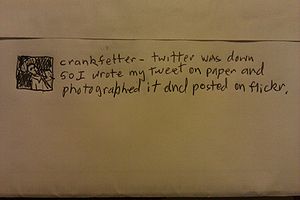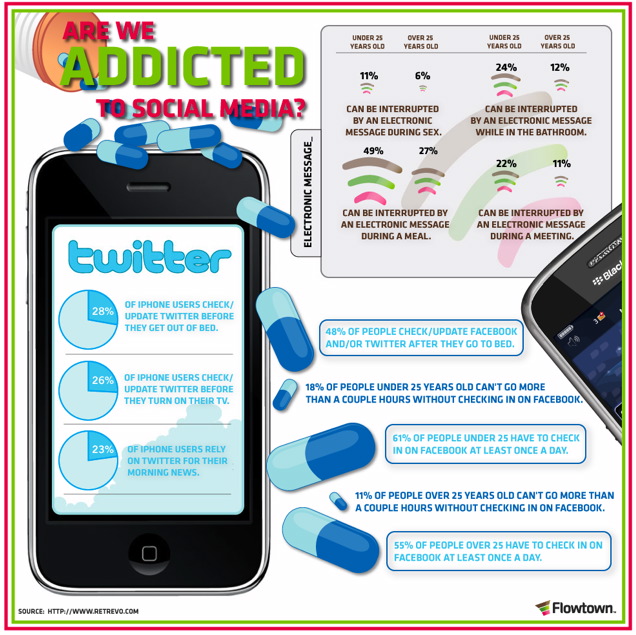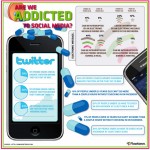It’s that time of year again. No, not just warm, sunny Vermont summertime, but vacation time as well. We all love vacation, but last year I enjoyed it even more because I learned about something I had never contemplated before: what it means to disconnect from the social media grid.
Growing up, I was able to travel extensively with my family. This was a privilege and something I’ve realized in hindsight was an amazing learning experience. In the 80s, travel meant a break from school, TV and friends, and experiencing new cultures, people and places. Today, I’ve realized that when taking vacation the ability to step back from technology is possibly more important than breaking from the daily grind. But do people really disconnect? Can they tear themselves away from Facebook, Twitter, LinkedIn and even email?
I think one of the first questions is to answer is, how? I consider myself lucky because my summer vacation means a trip to a place where you have to pay $25 per day for Internet access. So obviously the Internet became something I could forgo very easily; I would rather spend money on restaurants and fun activities. I also don’t consider myself a social media addict. I can go days without logging into Facebook and Twitter, something that seems less and less the norm of our society.

- Image via Wikipedia
I recently read an article from eMarketer entitled, “Why Users’ First Online Activity Each Morning Is Important.” The headline intrigued me but the opening paragraph had a greater impact, stating “while some users can’t manage to get out of bed in the morning without checking Facebook or Twitter, they are not yet the norm, even in a world saturated in social media.” I was surprised by this statement for several reasons. First, that there are a good number of online users who literally don’t begin daily life without logging in first. Second, although these users are not the social norm at the moment, there is an expectation that they will be. The article goes on to describe how the information-sharing habits of users depends on their propensity to use Facebook first versus email in the morning. Interesting data for sure, but it just led me to question our society’s ability to take a step back from social media and email.
I remember some colleagues teasing me last year before my “disconnected vacation” saying “you’ll never survive 24 hours without Facebook.” Well, I survived 10 days (granted this was before my iPhone, but still) and felt like a new person for doing it. Turns out, I’m not alone. There are many who believe we need time away from social media to reconnect with ourselves and the things in life that really matter. Funny thing is, there seems to be very little written about trying to disconnect, or how to disconnect. A Google search on “disconnecting from social media” primarily produces results about the disconnect between social media and corporate and marketing strategies. My first two pages of search results only contained two or three links to blog posts about unplugging, from random sites such as Brave New Traveler and Agent Genius. A search on social media addiction, on the other hand, yields 2,160,000 results.
I am definitely surprised and somewhat dismayed to not see more written on this topic. Maybe it’s because I’ve learned the value of truly disconnecting and reconnecting with family and friends without first thinking of “what should my status be today?” or “should I tweet this?” I hope those of us unplugging start to increase in number, but the question that lingers is, have we become too dependent on technology to break away from it?
Related articles:
Fighting a Social Media Addiction, The Washington Post
Are we addicted to social media or to headlines that make good copy? Psychology Today




The New York Times also has an interesting debate going online about the effect on our brains of being constantly plugged in. There’s are two interactive tests as well to check your ability to focus and to switch tasks.
http://roomfordebate.blogs.nytimes.com/2010/06/07/first-steps-to-digital-detox/?ref=technology
I’ve seen a couple more articles related to this. The most recent, from Ad Age, can be found at http://adage.com/cmostrategy/article?article_id=144993